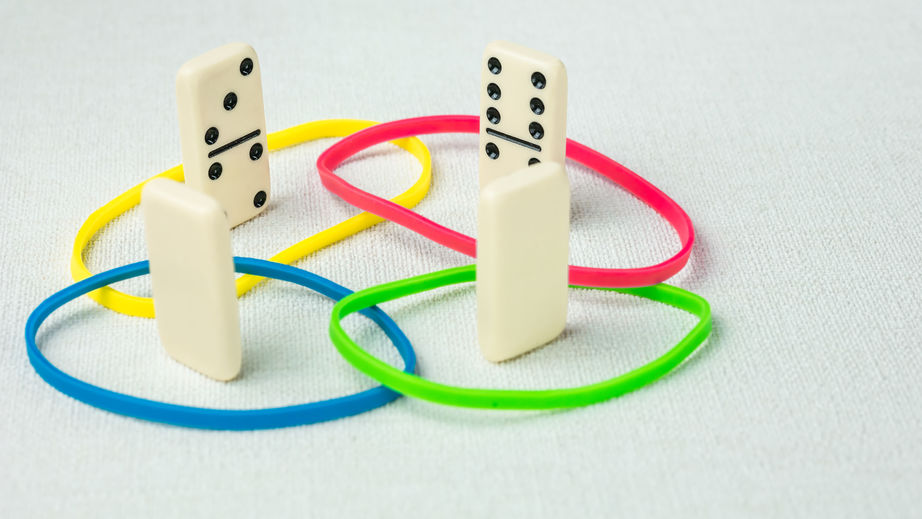
Everyone works differently. Some individuals like to work on multiple projects simultaneously, while others prefer to focus on one goal at a time. Some work best alone, while others excel in a more collaborative environment. Knowing how colleagues are wired, what they value most, what their strengths are, where they struggle and what their communication style is can help people be more productive and effective at their jobs, work better with their teams and develop as individuals and professionals. The use of valid and reliable personality assessments help companies achieve these goals.
A 2017 survey conducted by the Society for Human Resource Management and Mercer found 67 percent of HR professionals use personality tests and pre-employment testing to vet candidates in the hiring process and comprehend how they will harmonize with the workplace. Furthermore, SHRM found that 32 percent of respondents were using personality and behavioral assessments when filling executive-level roles. Additionally, 28 percent of respondents deployed them for middle-management openings.
Types of Workplace Personality Assessments
Personality traits are not as visible or obvious as physical attributes. As such, the development of personality assessments involves a complex process. This process includes research, knowledge of human psychology and authentication of results. Typically, personality tests are developed based on constructs, or specific definable and measurable characteristics or phenomena. Examples of constructs include dominance, anxiety, emotionality or motivation. It’s essential to consider these constructs on a sliding scale. This approach is important because different types of personality tests will assess distinct aspects of personality. Before selecting a personality assessment tool, make sure the information collected provides the organization with the type of data it needs to achieve its goals. Some of the most popular workplace personality assessments include:
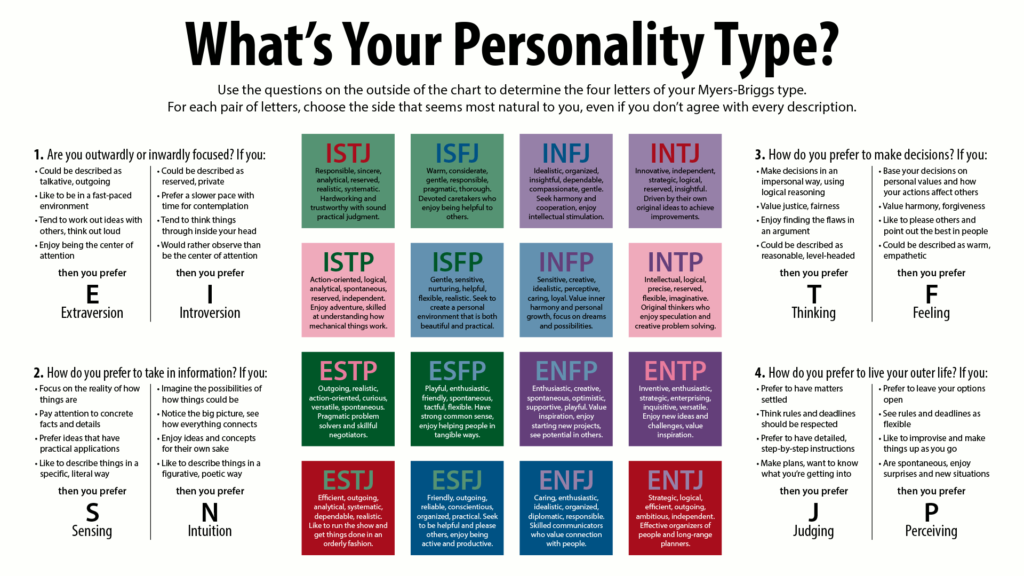
Developed in the 1940s, the MBTI is among the most popular personality tests. It is based on Carl G. Jung’s theory of personality. and still considered reliable and valid. High schools and universities use it to help students identify suitable career paths. The test identifies an individual’s basic preferences of four dichotomies (introversion/extroversion, sensing/intuition, thinking/feeling, judging/perceiving) to establish 16 personality types. This personality test overviews an individual’s personality type within the contexts of career and profession, learning style, personal growth and relationships. Use it to clarify how an individual may work within a group.
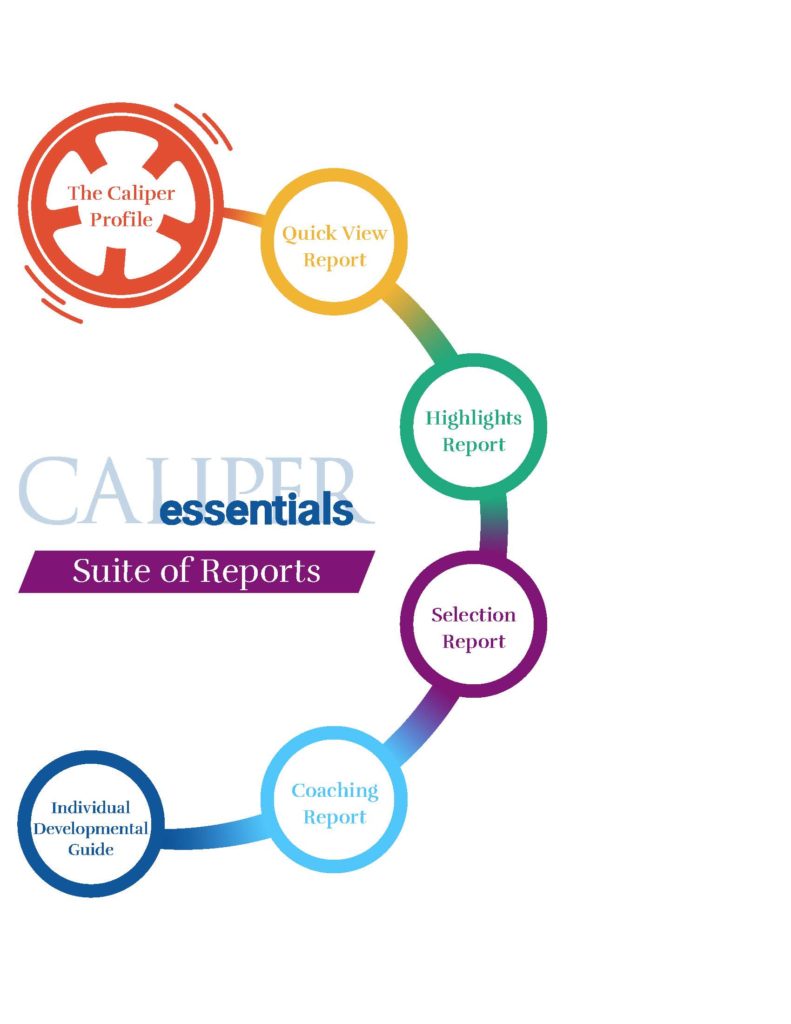
This test is used specifically to predict an individual’s performance and drive talent management at the hiring stage. The questions identify positive and negative traits to provide a full picture of a potential candidate. The results then are measured against validated job models to determine if an individual is a good fit. The test is customizable from the employer’s perspective to target critical behaviors that help clarify a candidate’s potential success in a specific role.

Based on seven scales of the entrepreneur identified in Bill Wagner’s The Entrepreneur Next Door, the Entrepreneurial Personality Test identifies specific entrepreneurial styles. It provides information about which aspects of personality are well-suited for owning a business, and which aspects could be problematic. This test is particularly helpful for those considering starting their own business, looking to understand their leadership style or recruiting a new executive. Wagner proposes, “Personality matters in becoming a successful entrepreneur. [They] share a number of common personality traits that are the predominant indicators of success, outweighing education, family ties, skill, and experience.”
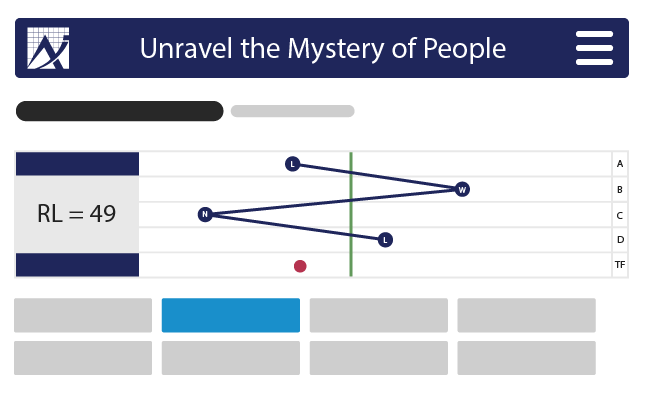
AcuMax uses a quick survey of psychometric words to identify an individual’s “wiring” or natural self, as compared to their adjusted self, or how they are behaving in the present day. The survey produces an employee profile that identifies the person’s driving factors in the workplace. It gives direct advice on how best to manage, motivate and communicate with that individual. This test is particularly useful for understanding how to create and lead a synergistic team and how to collaborate and engage effectively with each member.
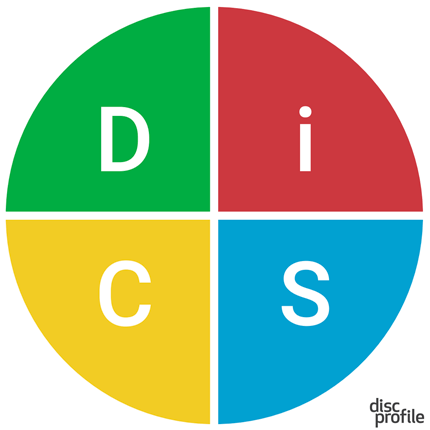
This tool measures a person’s primary traits based on four personality types and the four basic DiSC factors. These are: Dominant (D), Influential (I), Steady (S) and Compliant (C). Companies use the DiSC to help understand an employee’s professional behavior style and his or her ability to work as part of a team. DiSC is considered a “temperament assessment” and proposes the knowledge shared can reduce conflict and improve working relationships.
Team Building

These examples are just a few of the personality assessments available today. Whichever tool companies rely on, the results will help them to better understand how individuals are likely to perform their work, communicate and fit into the organization. That, in turn, leads to stronger, more cohesive and more productive teams.
